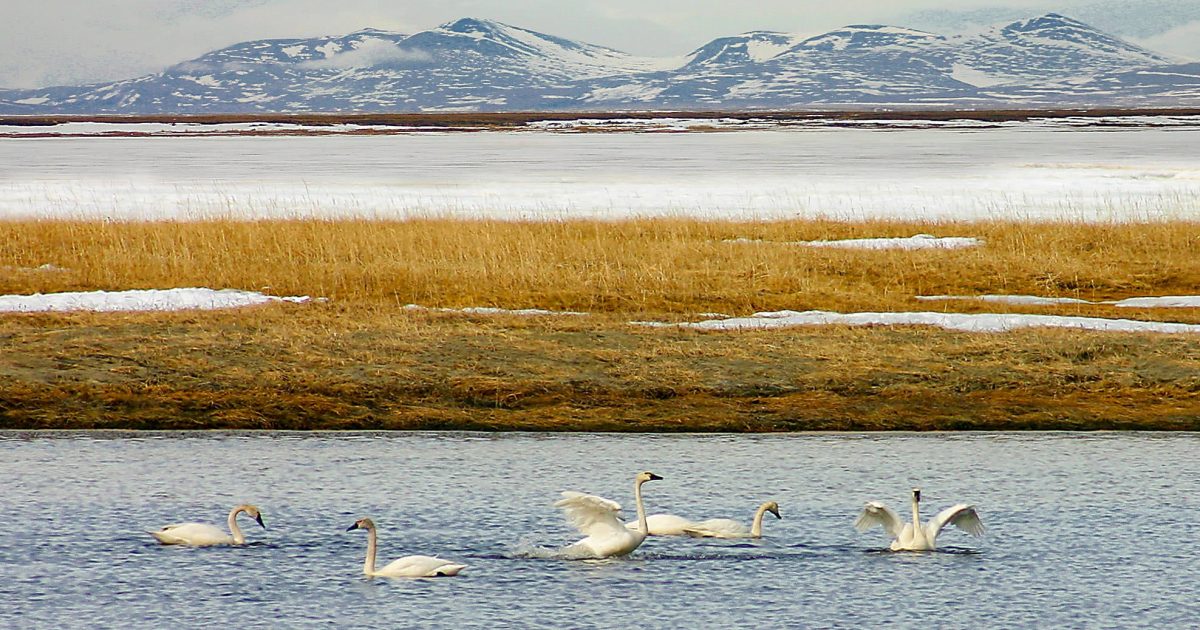
- Details
- By Tribal Business News Staff
- Energy | Environment
Three Alaska Native tribes have joined a conservation advocacy group in challenging a permit issued for a gold mining project in Bonanza Channel, about 25 miles east of Nome.
The lawsuit, brought by the Village of Solomon, Native Village of Council, and King Island Native Community, was filed in the U.S. District Court and targets the U.S. Army Corps of Engineers Pacific Ocean Division and Brig. Gen. Joseph C. Goetz in his official capacity.
The complaint contends that the permit granted to Nevada-based mine developer IPOP, LLC for a suction dredge mining operation did not follow proper environmental review procedures under the National Environmental Policy Act (NEPA) and the Clean Water Act. The permit would authorize mining operations that use a suction dredge to extract gold from the channel’s beds, releasing the dredged materials into more than 150 acres of waters over a five-year period.
“As Iñupiaq people, our subsistence way of life is deeply connected to the Bonanza Channel,” said Village of Solomon President Kirsten Timbers in a statement released by conservation advocacy group Earthjustice. “This land and its waters are who we are. Now, the IPOP mine threatens to destroy them. Every local organization opposes this project — ask anyone who lives here.”
Bonanza Channel is part of the Safety Sound estuary. The federal permit to dredge the channel was originally rejected in September 2022. After IPOP appealed the decision, the Corps’ Pacific Division relented in March 2024. In a press release about the decision, Brig. Gen.
Kirk Gibbs, said the permit, which required IPOP to monitor the operation’s effects on local vegetation, came after “consideration” of the operation’s potential environmental impact.
“The Corps is committed to protecting the Nation’s aquatic resources while allowing reasonable development,” Gibbs said in the statement. “Given the facts and information available, I determined that the revised project is permittable and not contrary to the public interest.”
However, Monday’s complaint states that the project would permanently alter aquatic habitats and could affect water quality needed for spawning fish and other local species.
According to the filing, the project would involve dredging 4.5 million cubic yards of sediment and would require the creation of access channels and disposal sites. The plaintiffs argue that the permit approval failed to take a “hard look” at the environmental consequences and alternatives. They contend that the environmental analysis did not include a full assessment of the dredging’s impact on the aquatic ecosystem and that the measures proposed by IPOP remain untested in large-scale use, as would be required for the estuary project.
The permit process included several rounds of review and comments from federal agencies such as the Environmental Protection Agency (EPA), the U.S. Fish and Wildlife Service, and the National Marine Fisheries Service. According to the complaint, these agencies reportedly raised concerns about potential degradation of the habitat, consequently impacting subsistence practice and biodiversity.
The complaint seeks declaratory and injunctive relief, asking the court to vacate the permit and halt the project until a more thorough review is completed.
“The Corps’ Pacific Division made an ill-informed and illegal decision when it approved this project,” said Earthjustice Attorney Carole Holley in a statement. “Other federal agencies and the State of Alaska have identified serious threats posed by this mine and requested more information; the Corps cannot legally claim this project poses no significant harms to what has been described by federal agencies as a pristine estuary and to the subsistence, cultural and spiritual practices of our tribal plaintiffs.”
